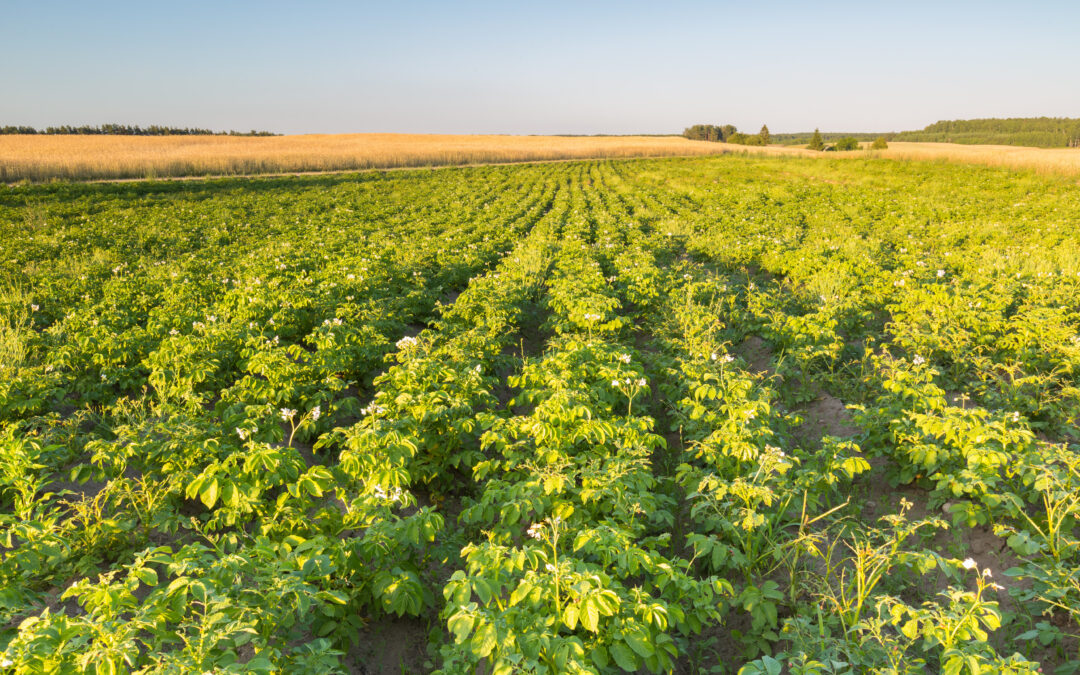Welcome to the world of organic gardening! Organic gardening is a method of growing plants without using synthetic fertilizers or pesticides. It involves using natural and sustainable methods to nurture your plants, resulting in healthy crops that are safe for consumption. In this blog post, we will explore the benefits of going organic, how you can start an organic garden, tips for successful organic gardening, common mistakes to avoid, and why choosing organic gardening is the way to go.
Introduction to Organic Gardening
Organic gardening has become increasingly popular over the years due to its many benefits. By opting for organic gardening, you can enjoy fresh produce that is free from chemicals and pesticides. Additionally, it promotes environmental sustainability by reducing pollution caused by conventional farming practices. With organic gardening, you have complete control over what goes into your soil and ultimately onto your plate.
The Benefits of Going Organic
There are numerous reasons why people choose organic gardening. Here are some of the most compelling benefits:
Healthier Soil: Organic gardening focuses on building healthy soil through the use of compost, mulch, and other natural materials. This results in nutrient-rich soil that provides everything your plants need to grow strong and healthy.
Better Taste: Plants grown with organic methods tend to taste better than those grown conventionally. The lack of chemicals and pesticides allows the true flavor of the plant to shine through.
Improved Nutrition: Organically grown fruits and vegetables contain higher levels of vitamins, minerals, and antioxidants compared to their conventionally grown counterparts. This means that they provide more nutritional value per serving.
Environmental Sustainability: Conventional agricultural practices contribute significantly to water pollution, air pollution, and deforestation. Organic gardening, on the other hand, reduces these negative impacts by relying on renewable resources and sustainable practices.
How to Start an Organic Garden
Starting an organic garden is easier than you might think. Here are some steps to get started:
1. Choose the right location: Select an area that receives plenty of sunlight and has well-draining soil. If necessary, amend the soil with compost or other organic matter to improve drainage and nutrient content.
2. Decide what to grow: Consider which crops you want to grow based on your climate, available space, and personal preferences. Some popular options include tomatoes, lettuce, spinach, carrots, and herbs like basil and chives.
3. Plant your seeds or seedlings: Use organic seeds or seedlings to ensure that your garden remains completely organic. Follow the instructions provided by the seed packet or nursery regarding spacing, depth, and care requirements.
4. Maintain your garden: Keep your plants well-watered, but not overwatered, and remove any weeds as soon as possible to prevent them from taking nutrients away from your crops. You may also wish to apply organic fertilizer to boost plant growth and development.
Tips for Successful Organic Gardening
Here are some additional tips to help you succeed with organic gardening:
1. Rotate your crops: To reduce the likelihood of pests and diseases, rotate your crops each year. This means planting different types of plants in the same spot where previous crops grew.

2. Practice good sanitation: Remove all dead plant material and debris from your garden regularly to discourage pests and disease.
3. Use companion planting: Companion planting refers to planting certain crops together that benefit one another. For example, marigolds repel pests while nasturtiums attract beneficial insects.
Common Mistakes in Organic Gardening and How to Avoid Them
Even experienced gardeners make mistakes sometimes. Here are some common ones to watch out for:
1. Overwatering: While plants need adequate moisture to thrive, too much water can lead to root rot and other problems. Avoid overwatering by monitoring soil moisture levels and adjusting irrigation accordingly.
2. Underfeeding: Plants require nutrients to grow, so if you don’t feed them properly, they won’t reach their full potential. Apply organic fertilizer regularly to keep your plants healthy.
3. Ignoring pests: Pests can wreak havoc on your garden, but there are natural ways to manage them. Try using neem oil, garlic spray, or other organic remedies before resorting to harsh chemicals.
Conclusion: Why Choose Organic Gardening?
Choosing organic gardening is a smart choice for both your health and the environment. By growing your own food using natural and sustainable methods, you can enjoy fresher, tastier, and more nutritious produce while minimizing your carbon footprint. Whether you’re new to gardening or an experienced green thumb, consider giving organic gardening a try today. Happy growing!



